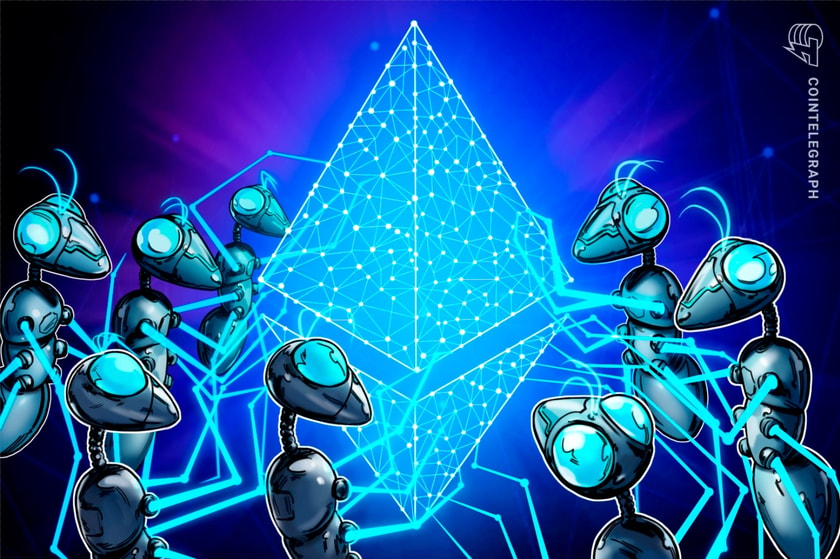Ethereum layer 2 scaling network Starknet has outlined plans to improve the decentralization of three core components of its zero-knowledge proof rollup solution (ZK-rollup).
Speaking exclusively to Cointelegraph, Starknet product manager and blockchain researcher Ilia Volokh outlined the firm’s intent to address certain centralized elements of its protocol aimed at defending against censorship and making its system more robust.
Starknet operates as a validity rollup using zero-knowledge proof technology to bundle transactions into rollups, with cryptographic proofs submitted to Ethereum to achieve security and finality for layer 2 transactions.
According to Volokh, Starknet’s protocol remains dependent on StarkWare for creating L2 blocks, computing proofs and initiating layer 1 state updates to the Ethereum blockchain.
“In this sense, the operation of the network is centralized. This is not necessarily a bad thing because although Starkware operates the network, it cannot steal money and can’t do any invalid state transitions because they require executing the verifier on Ethereum,” Volokh explains.
While Starkware remains a “centralized gateway” to enter Starknet, Volokh adds that the protocol is “100% honest” and cannot falsify transactions or information as Ethereum’s layer one blockchain acts as a filter.
The only tangible way in which Starknet can “misbehave” is either by being idle in not relaying proofs to Ethereum, or by specifically censoring certain parties from including transactions or proofs.
“For example, if the sequencer decides to exclude a transaction from a particular entity, they’re free to do so. As long as the other things that they are trying to promote are valid.”
For Starknet, the latter consideration is part of the main reason to decentralize parts of its protocol in an effort to combat two main causes of censorship in consensus-based systems.
Intentional censorship is one consideration, while “non-robust” systems that have a single point of failure present another threat to decentralization given that all network participants would be “censored” if this central point caused a network or system outage.
“We want to solve both of these problems and we think the obvious solution to both of them at the same time is to have as many people operating Starknet as possible.”
Decentralizing these different components of Starknet’s system entails varying degrees of difficulty. This includes…
Click Here to Read the Full Original Article at Cointelegraph.com News…
